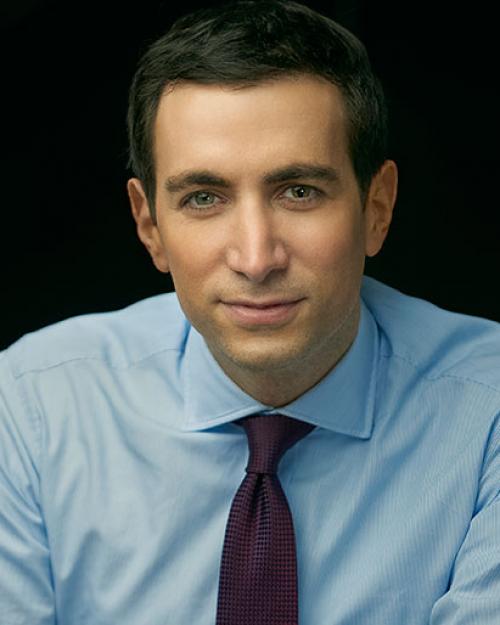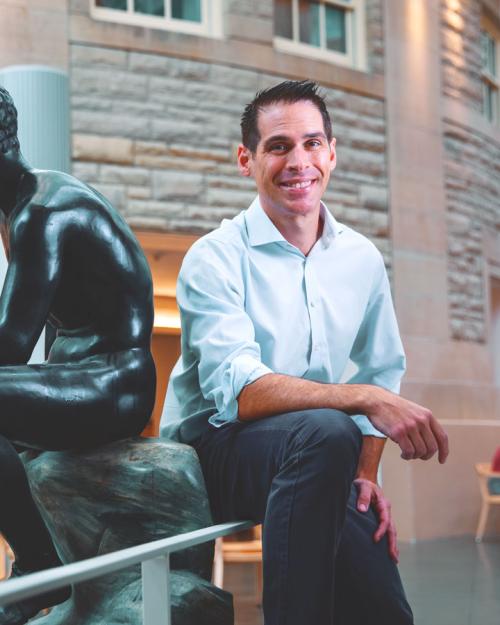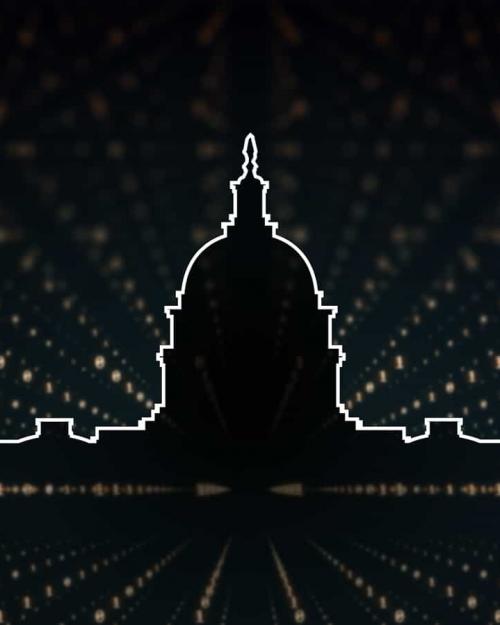How has politics already been shaped and disrupted by technology and artificial intelligence?
If intelligent machines are going to be a part of our political system, can they make ethical decisions?
Panelists will address these and other questions during an April 15 Arts Unplugged virtual event in the College of Arts & Sciences. “Policy, Politics and Ethics of the Coming AI Revolution” will explore the impacts of artificial intelligence (AI) and technology on our current political system and reflect on ethical concerns for the future.
Scheduled for 7 p.m., the event features a panel of three Cornell faculty members and postdoctoral fellows and is moderated by Andrew Ross Sorkin ’99, of CNBC and The New York Times.
The event is free and open to the public and is powered by eCornell. Register here.
“AI is touching all facets of life, from medicine to transportation to national security, and it behooves us to understand both its uses and, unfortunately, the potential misuses,” said panelist Sarah Kreps, the John L. Wetherill Professor of Government and founder of Cornell’s Tech Policy Lab.
Other panelists will include Shaun Nichols, professor in the Department of Philosophy and Baobao Zhang, Klarman Postdoctoral Fellow in the Department of Government.
“AI technologies have the potential to enhance our lives in numerous ways. But it’s critical that we trust these machines. And that requires investigating what we really want the machines to be like,” Nichols said. “This is a harder problem than you might think, and it will require the attention of cognitive scientists from a wide range of disciplines including moral philosophy, social psychology and software development.”
In advance of the event, students in the Milstein Program in Technology & Humanity, who are researching the use of artificial intelligence in social media, have created a quiz to test participants’ ability to distinguish AI-generated content from human-generated content. See how you fare by taking the quiz here.
This event is part of the Arts Unplugged series sponsored by the College of Arts & Sciences and Alumni Affairs and Development and hosted by Dean Ray Jayawardhana, Harold Tanner Dean of the College of Arts and Sciences and a professor of astronomy.
Faculty on the panel represent two centers on campus that focus on policy and ethics — Cornell’s Tech Policy Lab, which draws upon the broadest range of disciplines to learn how AI can empower as well as pose challenges to governments, and Cornell’s Moral Psychology research group in the Sage School of Philosophy, which is applying the framework of moral decision-making to the complex issues related to the ethical use of technology in our current age.
“I hope computer scientists and engineers will work with social scientists and humanists when developing AI systems,” Zhang said. “Evaluating the impact of AI systems on individuals and communities shouldn't be an afterthought. Instead, we need to design safe, ethical, and socially responsible technology from Day 1.”
Find out more about the event on the Arts Unplugged website and register here.
Read the story in the Cornell Chronicle.





